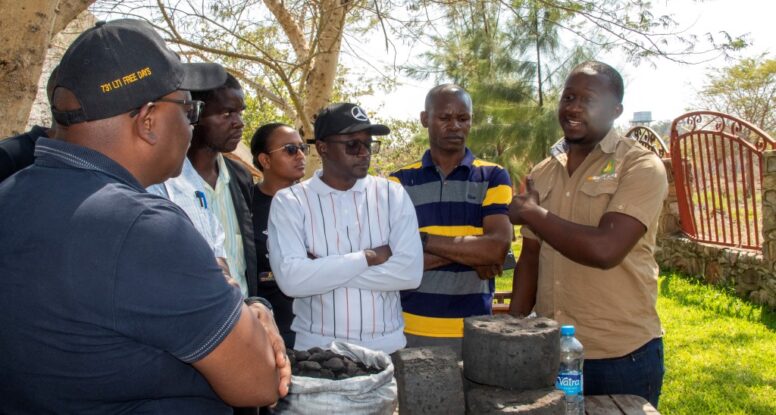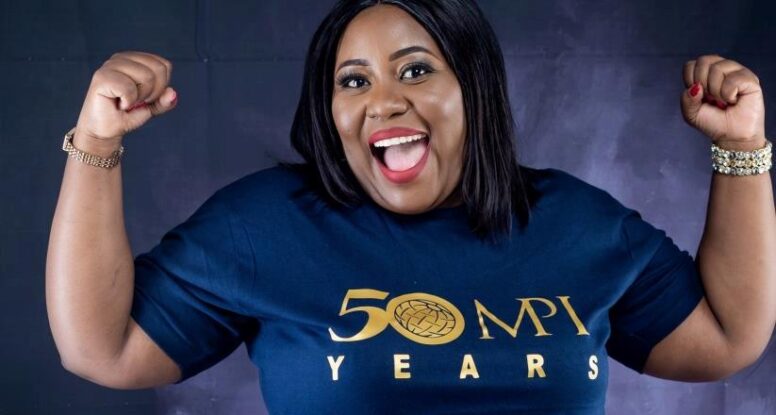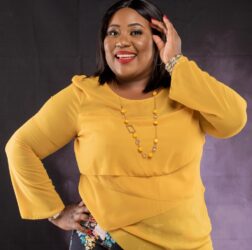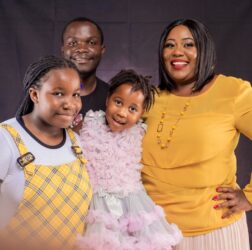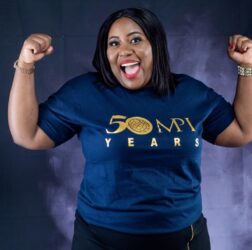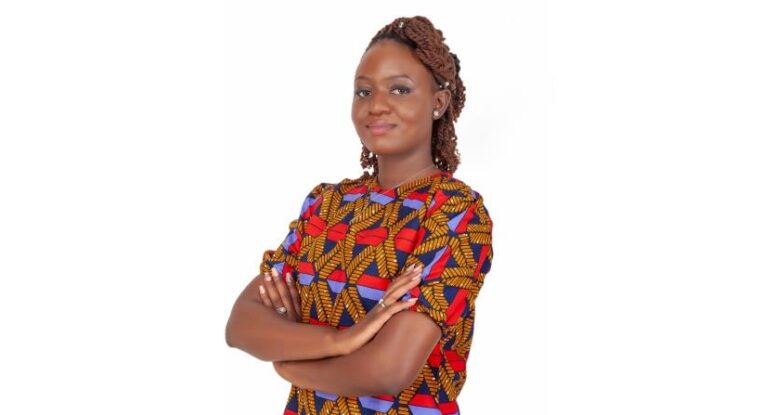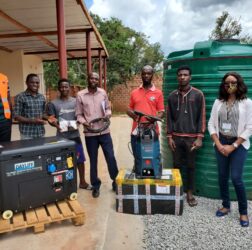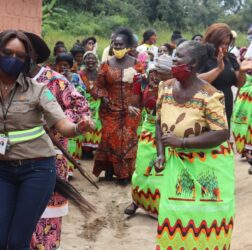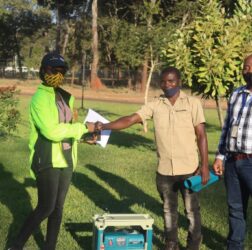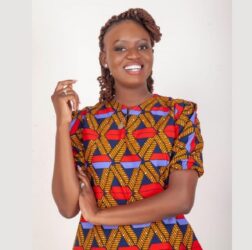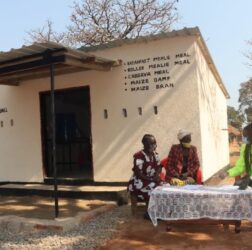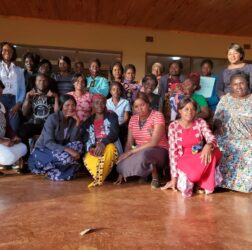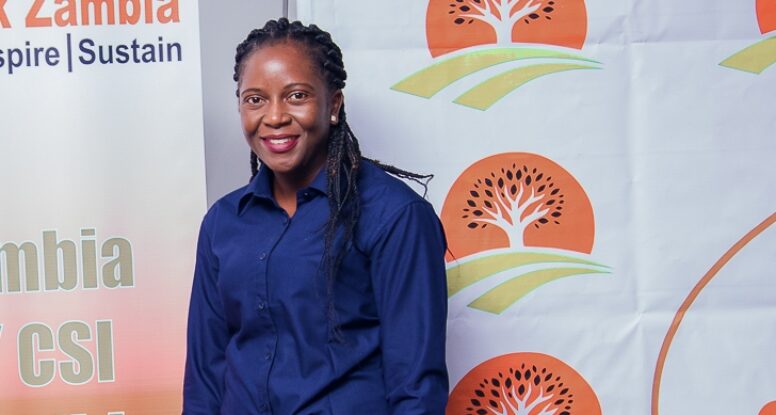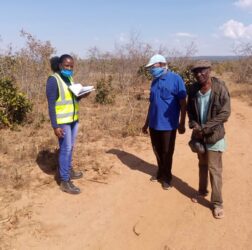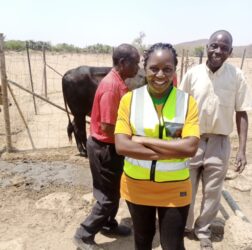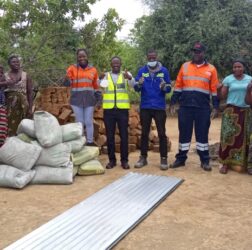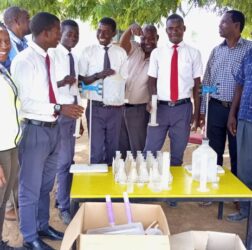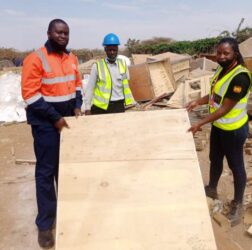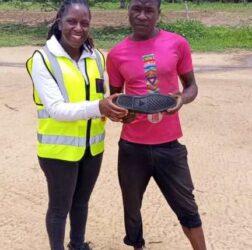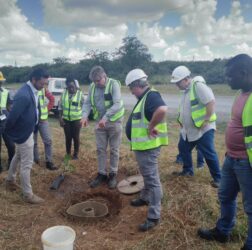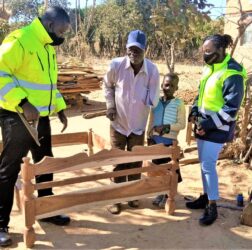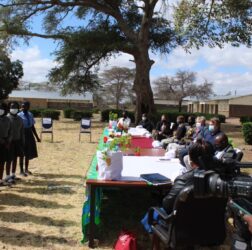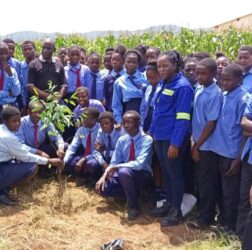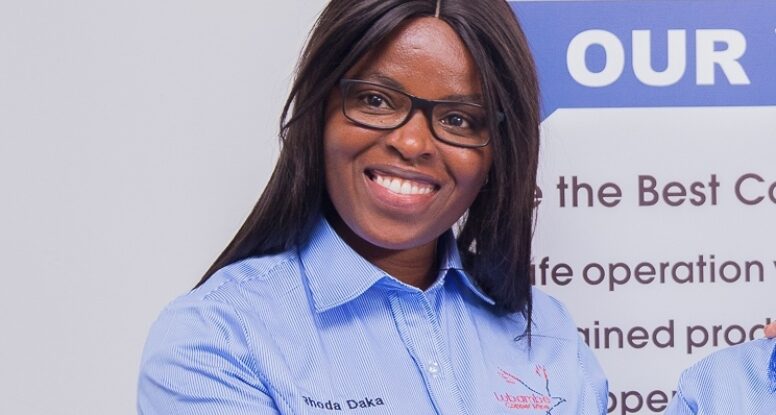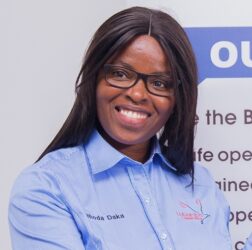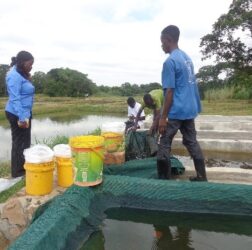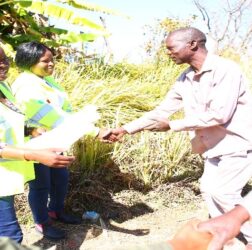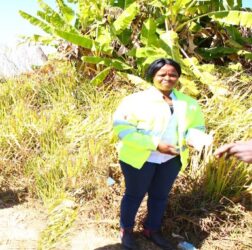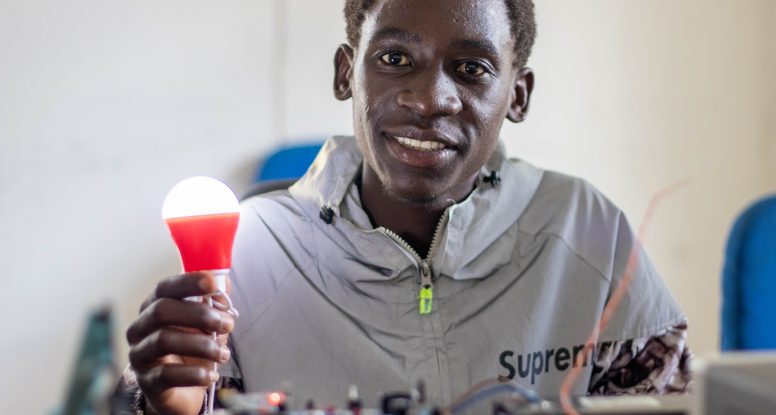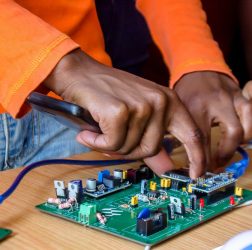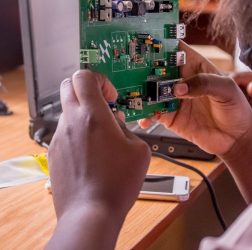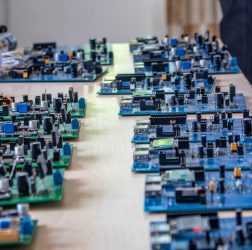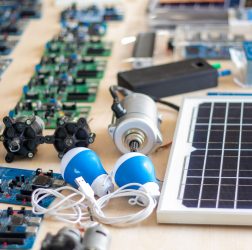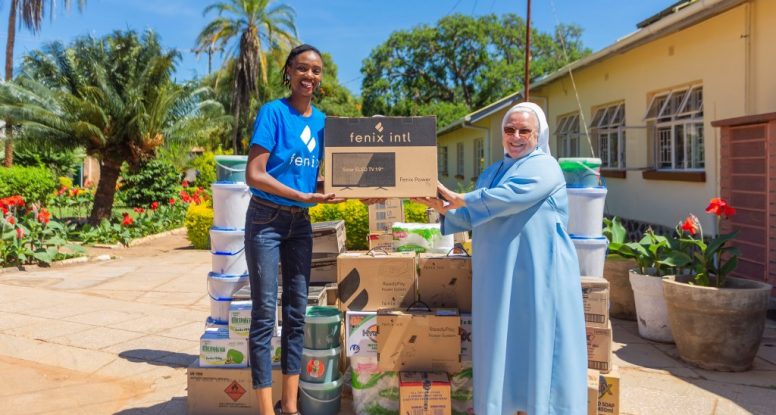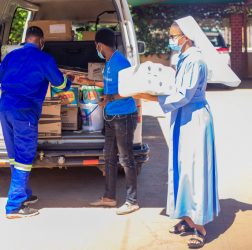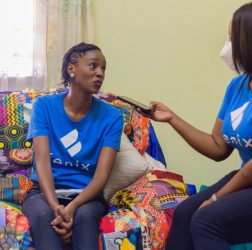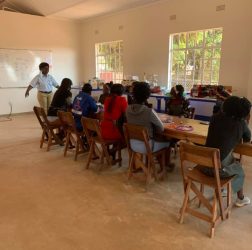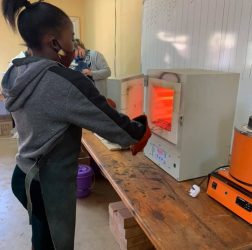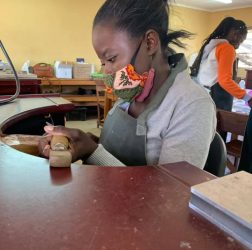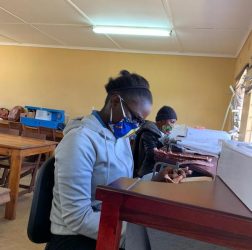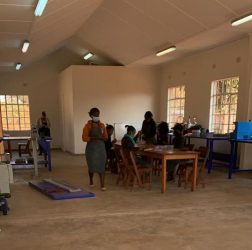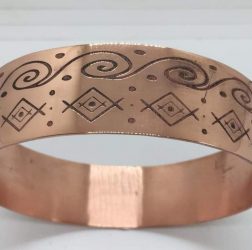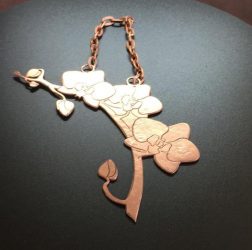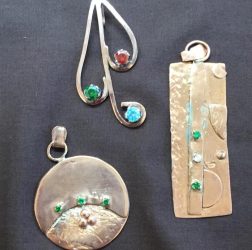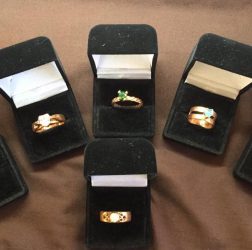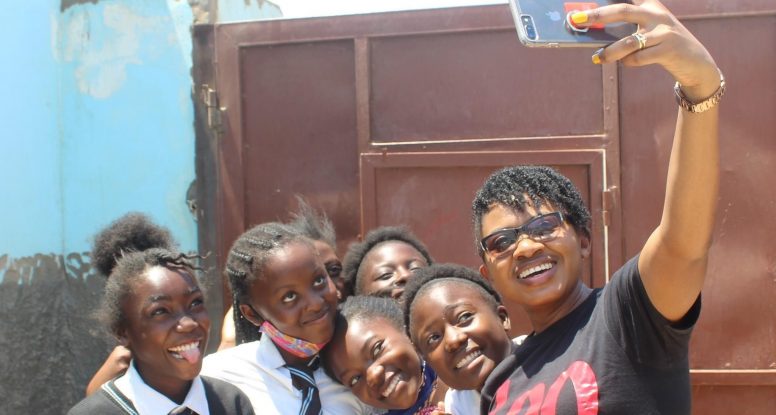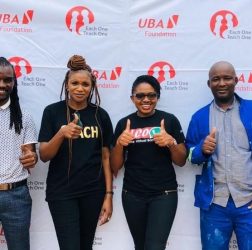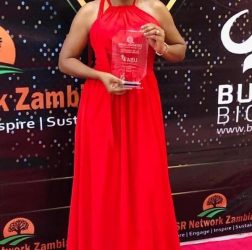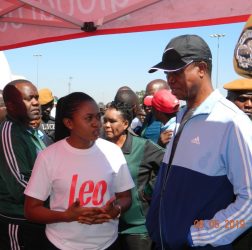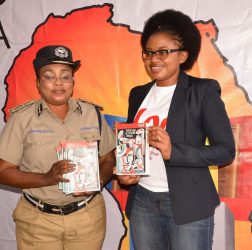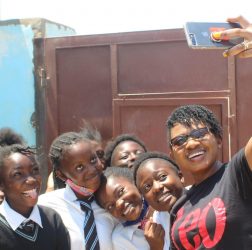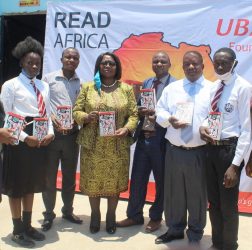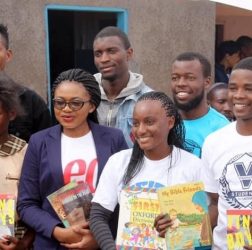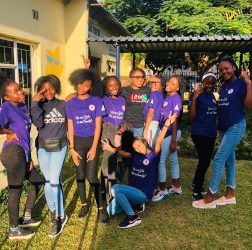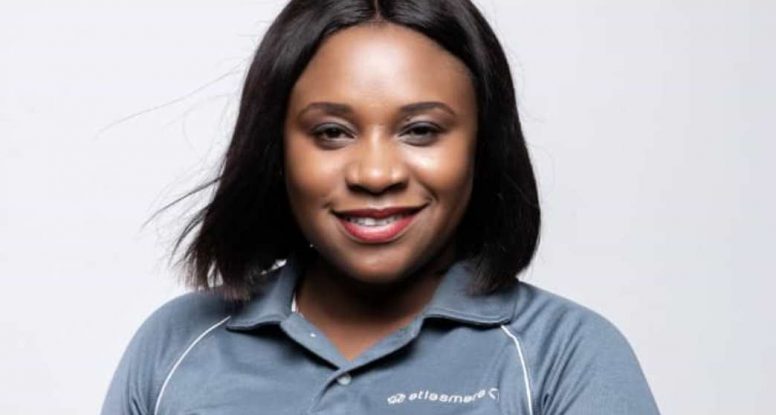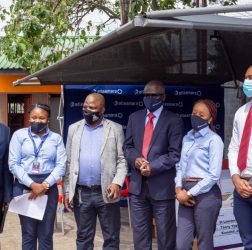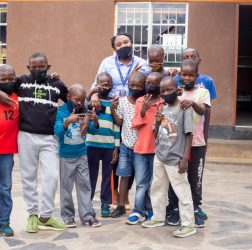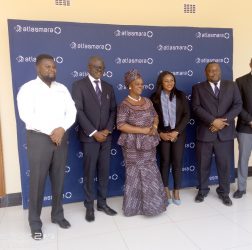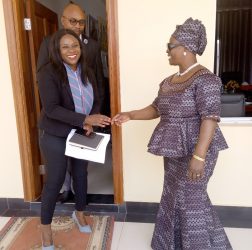Mabiza Resources Limited’s first Eco Fun Day, hosted and facilitated jointly by the mining company, Corporate Social Responsibility (CSR) Network Zambia and Kumalundu Trails, was held on 19th February 2023 at the Hippo View Waterfront along the banks of Kafue River in Kafue. The day was preceded by an Environmental Awareness campaign the day before, whose aim was to raise awareness on the effects of deforestation and mobilizing community members to build commitment towards caring for the environment and forests.
In his opening remarks, the CSRNZ Executive Director recognized the presence of the Council Chairperson Chikankata District, Mr. Conrad Ngoma and his team, the General Manager of Mabiza Resources Ltd, Mr. Michael Musonda accompanied by the wife, the organizing team from Mabiza Resources, Mr. Lloyd Moomba and his team, the representative from Ministry of Green Economy and Environment, Mr. Frank Gwaba, and other representatives from exhibiting companies like Buffalo Bicycles, Green Fire, Green Belt Energy and Solidaridad, whose products/services can be adopted to protect, preserve and enrich our environment.

CSR Network Zambia Executive Director giving his remarks
He reminded the gathering that our environment is the most precious gift that God has given us. How we sustain it, is the key to the development of the future of mankind. It is the duty and responsibility of each one of us to protect, conserve and grow nature. The degradation of our environment is linked with the development process and the ignorance of people about retaining the ecological balance. He emphasized the importance of environmental education which increases public awareness and knowledge about environmental issues or problems, which in turn provides the public with the necessary skills to make informed decisions and take responsible actions.
In closing his remarks, Mr. Muzala thanked all for attending the event and took the opportunity to invite Mr. Musonda to give his remarks on behalf of the mine.

Mr. Michael Musonda, General manager, Mabiza Resources giving opening remarks
Mr. Musonda stressed the importance of the mine in tackling the effects of climate change for the sake of future generations. He acknowledged that Munali Nickel Mine was the second largest mine in the region if not the biggest, and by this the mine felt obliged to engage with outlying communities on how best to fight the climate change effects and empower communities in livelihoods and smart agricultural practices. He expressed gratitude towards the commitment shown by community members in Chikani area, who exhibited willingness to work with the mine to combat defeorestation in the area and engage in sustainable charcoal production. He disclosed that the mine has committed to planting ten-thousand trees. He further extended an open invitation to Chikankata District Council to seek an audience with the mine and explore areas of collaboration. He also thanked the various partners who supported the event financially – Lwenshi Limited, Alpha Tech, Siame Transport, Butlas Security, Juflona,Redpath, Fleetrec, Netweb, Ansultech Fire Systems and Ashaz Printing among others.
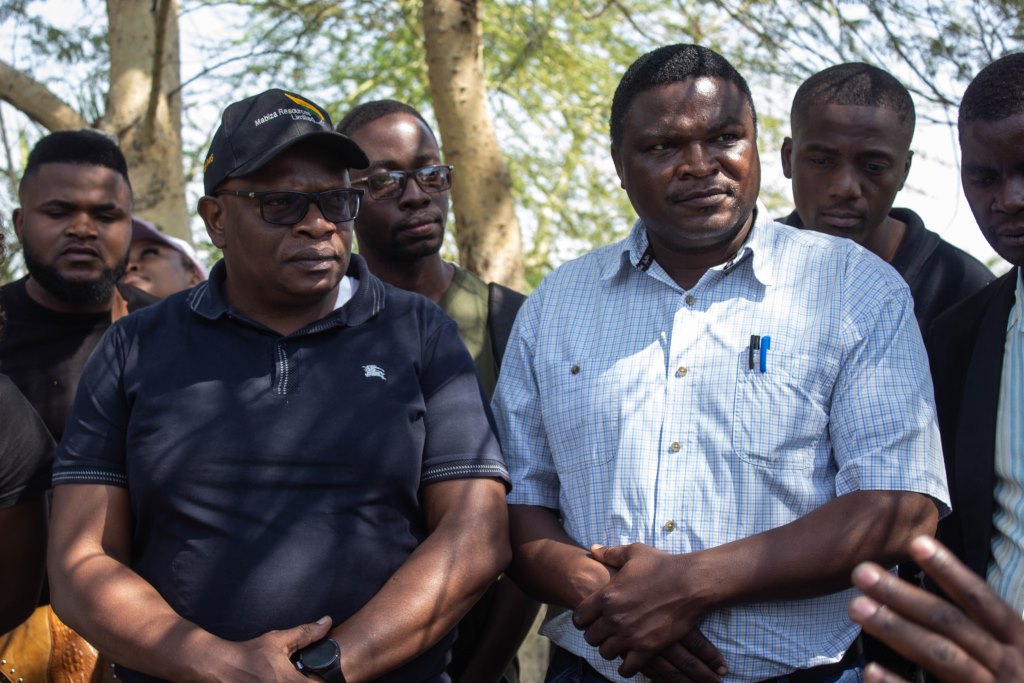
Chikankata Council Chairperson, Mr. Conrad Ngoma, in his keynote speech, called for concerted effort in addressing the causes of climate change and environmental degradation in the district and the country at large.
Mr. Ngoma stressed that in a world where environmental degradation is a growing concern, it has become more critical than ever to understand the importance of environmental awareness and the role that each individual can play to mitigate the effects.
He was speaking when he officially opened the Mabiza Eco Fun Day, a day that was preceded by an Environmental Awareness campaign the day before, whose aim was to raise awareness on the effects of deforestation and mobilizing community members to build commitment towards caring for the environment and forests.
The awareness campaign was also facilitated by CSR Network Zambia (CSRNZ) on behalf of Mabiza Resources Limited (Munali Nickel Mine) targeting communities along the Mazabuka road and outlying areas like Chikani that are said to have become hotspots for charcoal production.
The Council Chairperson has since commended Mabiza Resources for supporting activities that strengthen the conservation and protection of natural resources, advance ecology sustainability and foster harmony between communities and the environment.

